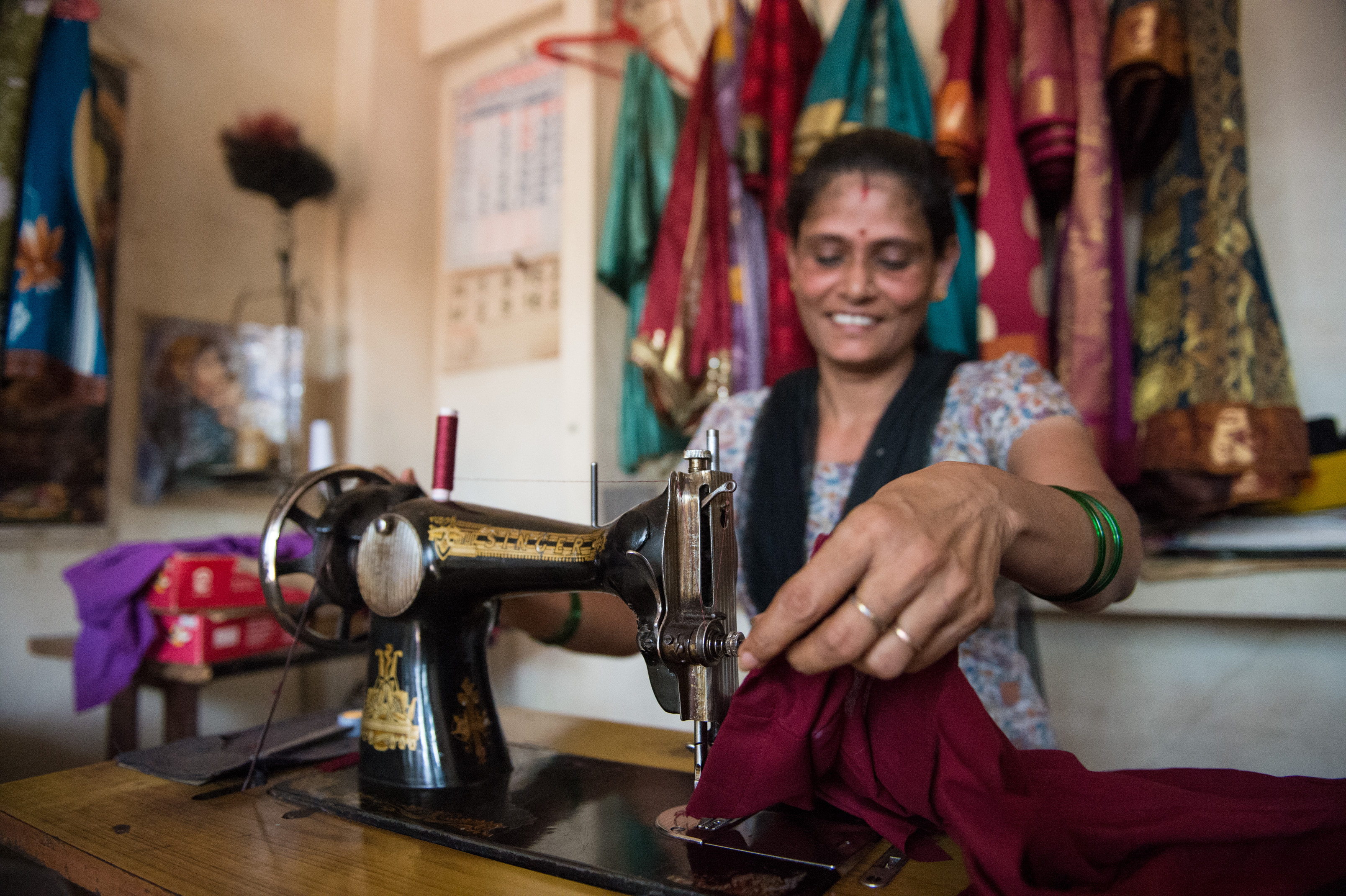I entered the rabbit hole a long while ago, but the rabbitholing stepped up in earnest a couple of months ago. Over the years, I’d read a few books and articles and dipped in and out of the Writing Excuses podcast. Now I started exploring more blogs and podcasts. Last month, I attended my first virtual writers summit, hearing advice from different writers. All of this culminated in me signing up for NaNoWriMo with no preparation, two days before the novel-writing challenge began.

Alas, on the eve of the challenge, I procrastinated by starting to draft this blog post instead – both an omen and very typical of my habits when it comes to writing. I haven’t quite reached even 10,000 of the 50,000 words of the challenge. But the whole experience has helped me understand myself better as a wannabe novelist.
For any other closet novelists out there, I thought I would share the key struggles I’ve had over the years, and the minor degrees to which I am working to overcome these obstacles.
Not having a point
I’ve always had a few loose ideas, but no actual plot or message. Getting older and acquiring more life experience, knowing myself better, has helped me get to the stage where I finally have something to say – an ethical message, as Anne Lamott would phrase it. Importantly, I now have the confidence that what I want to say is worth saying.

What I want to say flows naturally out of what I have lived and experienced. The idea of writing a memoir, especially at my age, has always felt awkward and not particularly appealing to me. But I believe finding my Point involves accepting the fact that the novel I write first (or any novel I write) may well be a fictionalised memoir.
Not knowing if I was a plotter or a pantser
Plotter/pantser is a famous binary in the writing world, much like extravert/introvert – and equally reductive. It’s basically knowing whether you are a planner or spontaneous and I don’t identify with either.
A lot of the writing resources I’ve come across are designed for plotters. It took me a while to realise I like frameworks, but I don’t like them to have too much detail. When I get stuck on detail, I’m actually procrastinating.
At the same time, I didn’t have a clear enough idea about my story to go in blind and just write. So apparently I’m a plantser.

After a certain amount of research, thinking and planning, I just need to sit down and write something. I suspect I ought to take my method of writing and creating for my paid work into this endeavour of drafting a novel.
Not having good characters
Most of the resources I’ve been consuming talk about how important a well-fleshed out character is in driving a story forwards – even for novels that aren’t character based. I’ve never had much of a character thought up for my protagonist, let alone a compelling protagonist, let alone interesting secondary characters. I can see now that being stuck on character gets me stuck on plot: because I don’t have a deep, complex character who can propel the story in directions that make sense to them as a person.

I am not sure why I am so bad at creating characters, especially given I have read and pondered plenty about the Enneagram, Myer Briggs and other personality studies. I think I find it hard to imagine being anyone other than myself – and that giving my protagonist the same personality as I have would be boring. While I don’t think of myself as a boring person, I suppose my tendency to downplay and defuse drama in my inner and outer life runs counter to the conflict that drives a novel.
My current solution to this is the OCEAN acronym I learned from Kat Caldwell. This is about ensuring the character is handicapped in their Openness to new experiences, Conscientiousness, Extraversion, Agreeability or Neuroticism as a way to guarantee conflict and growth. Can you guess which of these traits feels the most natural for me to write?
Not enough discipline
Many authors and coaches talk about needing to develop a writing habit. Working daily on a novel doesn’t seem feasible, but weekly seems more reasonable. What NaNoWriMo did was force me to sit at the computer and write even on days where I had little to no motivation. It was mostly worth it, to push through my own resistance. I need to create a rhythm that allows me to write for my novel, my blog and possibly also for socials.

Too much advice
Through the twists and turns of the novel writing rabbit hole, I have discovered some really great resources. The problem is that a lot of it deals with matters of craft that are fascinating but are at a level of detail that is more suitable to revision whereas I am literally struggling to get beyond the first few chapters. This is especially true of the podcast Writing Excuses, which is otherwise a fun and insightful chat between accomplished writer friends.
My next steps
It’s worth noting that none of the above struggles relate to writing technique or confidence. The thing is, writing something as long as a novel is totally different from writing anything shorter – my struggles were in that gap. My 15,786-word thesis is the longest thing I’ve ever written and that didn’t involve characters or narrative momentum (though every thesis would probably benefit from that!).
I’m getting a sense that I will work best with a light framework and maybe one or two characters, and then it should be a process of writing, then coming to a point where I get stuck, and then detangling that – an alternation of writing and planning.
Header image: David Pennington.




